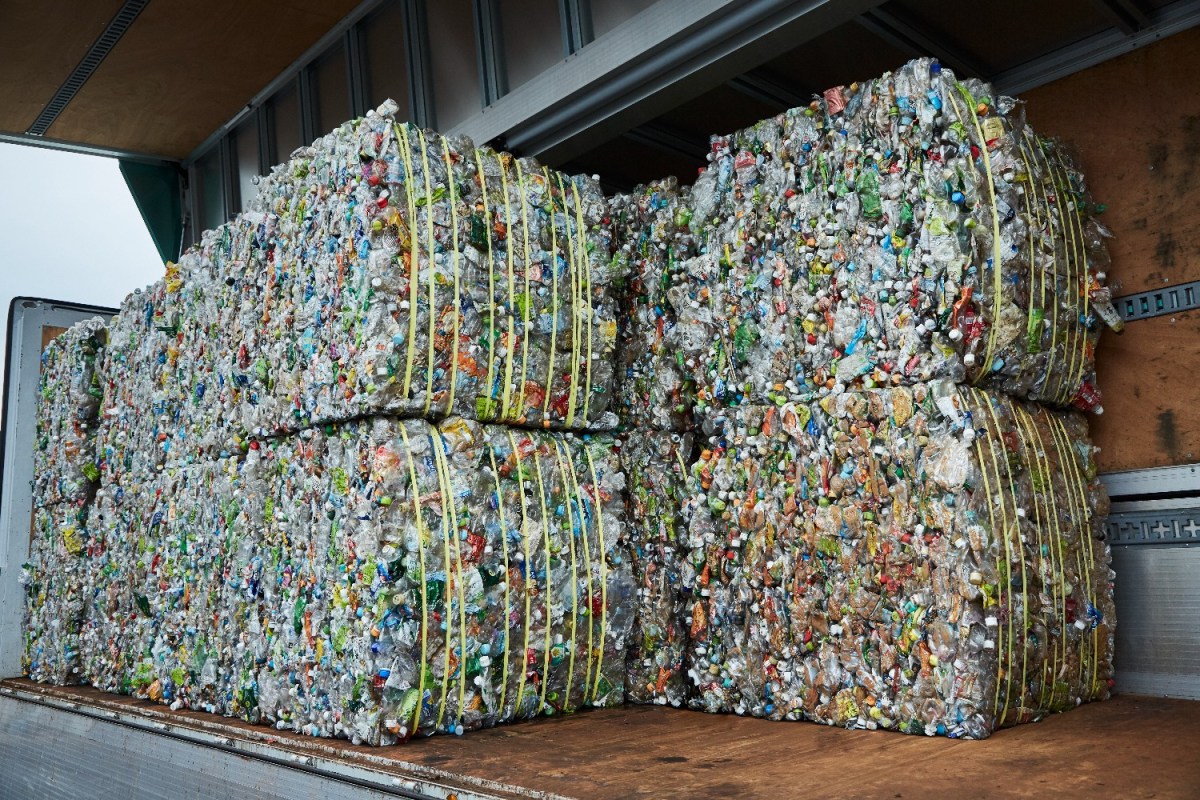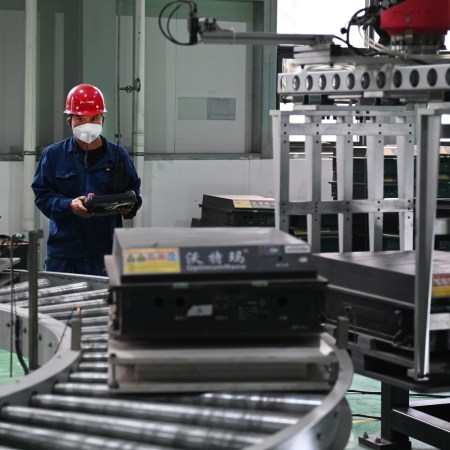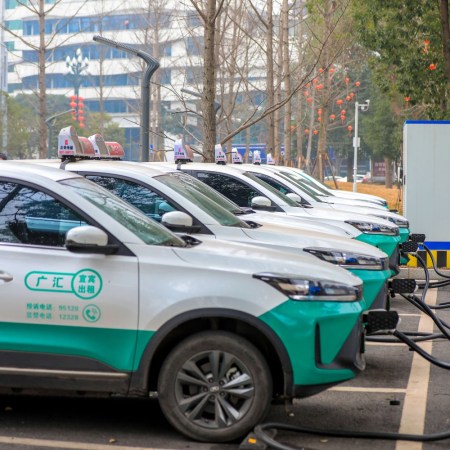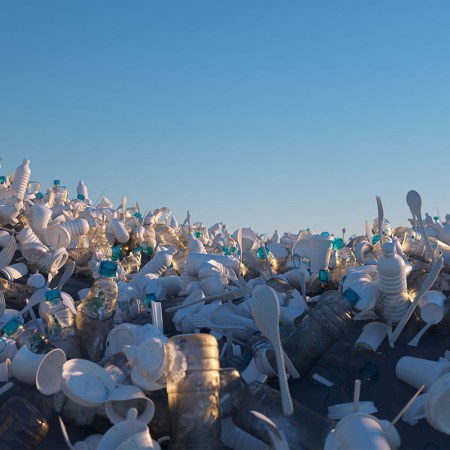As we struggle to reckon with humanity’s impact on the environment and ponder ways to live more sustainable lives, there’s a big question left to ponder on both an individual and collective level: is recycling actually effective? There’s been a lot of discussion over its merits and drawbacks, especially when it comes to plastic recycling. And that’s before factoring in the geopolitical implications of recycling, which is not insignificant in its own right.
One of the more promising developments in the future of recycling has to do with emerging technology that’s been the subject of heated debate for countless industries that have nothing do with recycling. That would be artificial intelligence — and, based on an article by Joe Fassler in The Atlantic, it’s showing a lot of promise in sorting recyclable materials.
As Fassler explains, AI-based recycling systems do a good job of reckoning with some of the recycling-related tasks that have, historically, been difficult for humans or machines to do. Distinguishing between different types of plastic containers, for instance, is a task that software trained on numerous photos of other plastic containers is well-suited for.
AI can also identify the SKU on plastic containers and sort them based on that. Matanya Horowitz, CEO of AMP Robotics, told The Atlantic, “If we know the SKU, we can determine anything—I know what adhesive they used; I know what cap they used; I know what was actually in it.” It’s not hard to see where how this information could make a huge difference while sorting materials.
The Biggest Trends in Artificial Intelligence, According to Stanford
Stanford’s 2023 State of AI report suggests we’re still a bit wary of artificial intelligence, but it’s being embraced by business (and China)It would be ironic — and a lot less existentially challenging — if AI’s major societal contribution came on the side of recycling as opposed to some of the other industries where it’s made inroads. And it sounds like significant investments are coming for this part of the industry, according to Fassler’s article, on both the fundraising and governmental sides of things. It’s encouraging news for anyone seeking a more environmentally friendly future.
Thanks for reading InsideHook. Sign up for our daily newsletter and be in the know.


















